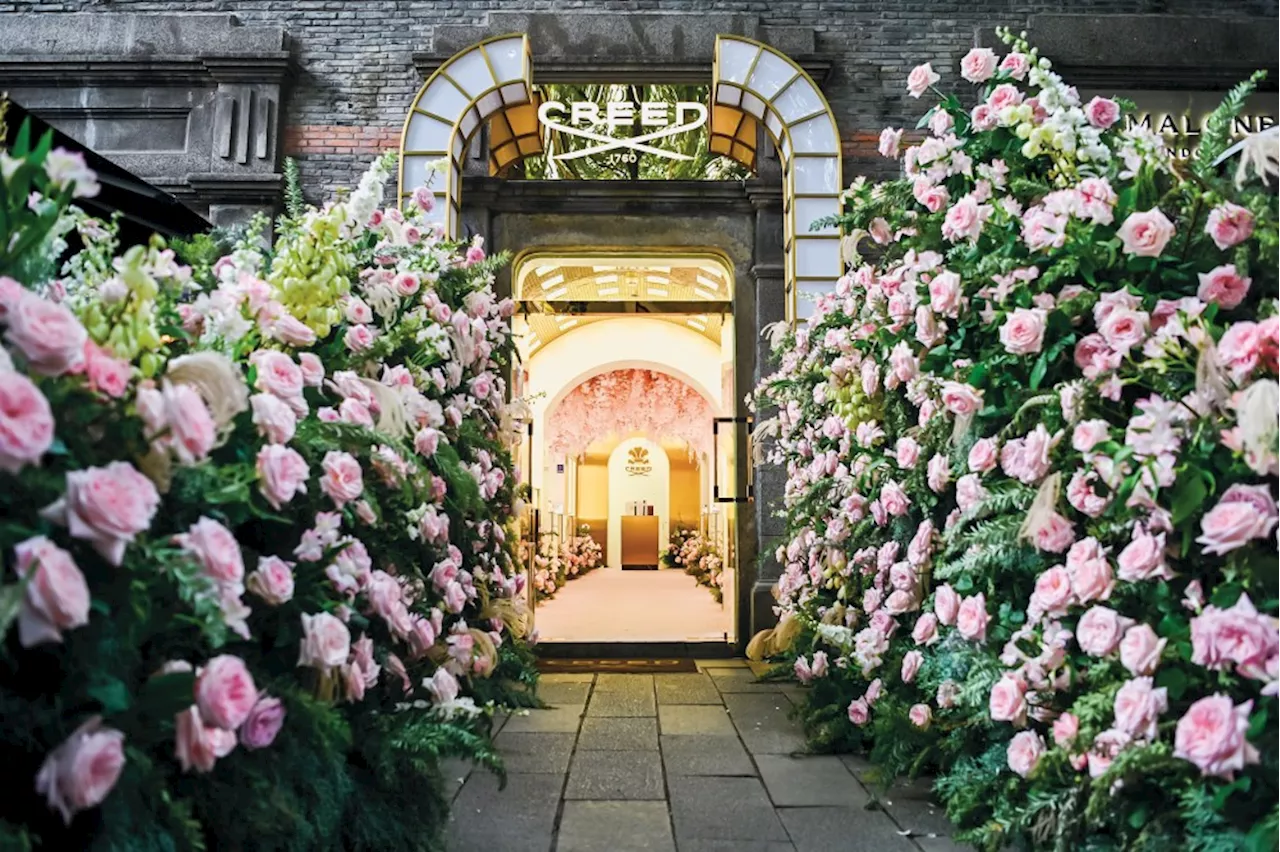French beauty giant L’Oréal has announced a significant strategic partnership with luxury goods company Kering, valued at €4 billion (approximately $4.66 billion). This deal will grant L’Oréal a 50-year exclusive license to create, develop, and distribute fragrance and beauty products for Gucci, starting after Kering’s existing agreements expire in 2028. The partnership will also include similar licenses for Bottega Veneta and Balenciaga, which will take effect upon the finalization of the transaction anticipated in the first half of 2026.
Analysts have responded positively to the deal, considering it a pivotal moment for L’Oréal. “This is a defining deal for L’Oréal – their biggest ever – to strengthen its leading position in global fragrances and in niche markets,” stated Céline Pannuti, head of European staples and beverage research at J.P. Morgan, in a recent note. Pannuti emphasized the strategic significance of securing the Gucci license, describing it as a “prized asset” that will enhance L’Oréal’s footprint in the luxury segment.
In contrast, the transaction marks a notable shift in Kering’s approach to beauty. Thomas Chauvet, an analyst at Citi, expressed surprise at Kering’s departure from its in-house beauty strategy, which had previously mirrored the success of Kering’s eyewear division established a decade ago. “This shift indicates a broader strategic realignment within Kering,” Chauvet noted.
Citi’s analysis further suggests that this transaction could impact Kering’s future financial performance. The firm estimates that Kering’s FY26 EBIT and EPS could decline by a high single-digit and mid-single-digit percentage, respectively. Additionally, Kering’s financial leverage may improve, dropping to approximately 1.5 times net debt to EBITDA from around 2.5 times, a change Chauvet views as a positive outcome given past concerns regarding the group’s financial stability.
The deal not only strengthens L’Oréal’s market position but also presents potential implications for its overall capital allocation strategy. Analysts are speculating about L’Oréal’s intentions regarding its current stake in Galderma, which stands at 10 percent, and whether it might pursue acquiring Nestlé‘s stake if available. Furthermore, L’Oréal’s existing licensing agreement with Giorgio Armani extends until 2050, adding another layer of complexity to its strategic planning.
From a financial perspective, L’Oréal’s Luxe division currently constitutes approximately 36 percent of total group sales, with margins around 22 percent. By contrast, the beauty assets being acquired from Kering boast margins nearing 40 percent, highlighting the lucrative nature of this transaction. Carole Madjo from Barclays noted that this acquisition could drive significant growth and innovation within L’Oréal’s fragrance portfolio.
The timing of this deal poses some uncertainty, particularly as the fragrance market adjusts following a period of rapid growth of 14 percent annually since 2021. Nevertheless, analysts like Pannuti remain optimistic about the potential for new brands, such as Miu Miu and Prada, to invigorate L’Oréal’s fragrance offerings.
The implications of the L’Oréal-Kering partnership extend beyond the two companies. Olivier Chen from TD Securities provided insights into how Coty, which will lose the Gucci business in three years, needs to accelerate its innovation and proprietary capabilities to remain competitive. Chen emphasized the importance of sustainable innovation for Coty, urging the company to develop unique formulations and brand identities that resonate with consumers.
As the beauty industry evolves, the L’Oréal-Kering partnership is poised to reshape market dynamics, offering both companies new avenues for growth while underscoring the competitive landscape that lies ahead.
